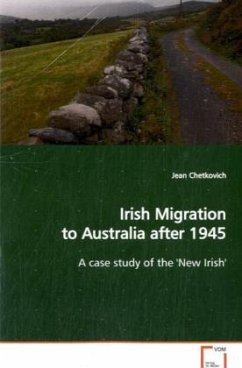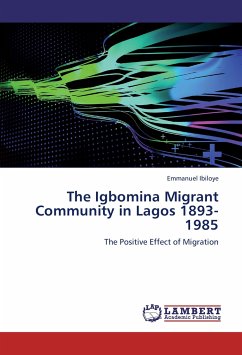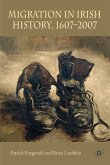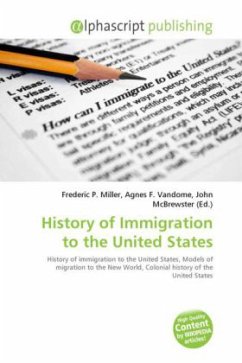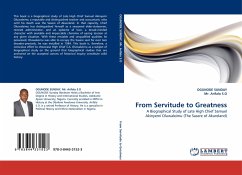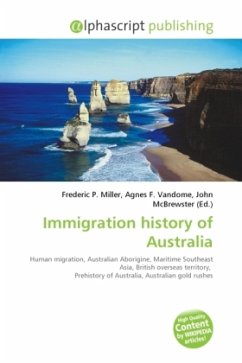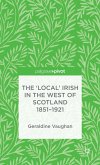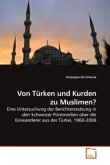Reasons why people leave Ireland are integral to the
discourse of Irish migration. Notions of exile or
forced migration predominate to such an extent that
there is barely room for other ideas. The validity of
exile or forced migration concepts are threatened if
the gradual emergence of a migration culture is
acknowledged. Using a case study of Irish migrants to
Western Australia post-1945, the existence of a
migration culture is examined and reinforced by
evidence from the survey group. Associated with the
idea of choosing rather than being forced to leave
Ireland, the book also focuses on the influence of
destination as a positive factor in migration. This
is in contrast to the more common focus on loss when
leaving Ireland favoured by writers about the
diaspora. In an Australian context, the book examines
Irish migrants and their connection to their chosen
country in addition to their disconnection from
Ireland. This innovative analysis moves the debate
about causation of Irish migration away from
nineteenth century concepts. It will be of interest
to both scholars and members of the Irish diaspora.
discourse of Irish migration. Notions of exile or
forced migration predominate to such an extent that
there is barely room for other ideas. The validity of
exile or forced migration concepts are threatened if
the gradual emergence of a migration culture is
acknowledged. Using a case study of Irish migrants to
Western Australia post-1945, the existence of a
migration culture is examined and reinforced by
evidence from the survey group. Associated with the
idea of choosing rather than being forced to leave
Ireland, the book also focuses on the influence of
destination as a positive factor in migration. This
is in contrast to the more common focus on loss when
leaving Ireland favoured by writers about the
diaspora. In an Australian context, the book examines
Irish migrants and their connection to their chosen
country in addition to their disconnection from
Ireland. This innovative analysis moves the debate
about causation of Irish migration away from
nineteenth century concepts. It will be of interest
to both scholars and members of the Irish diaspora.

